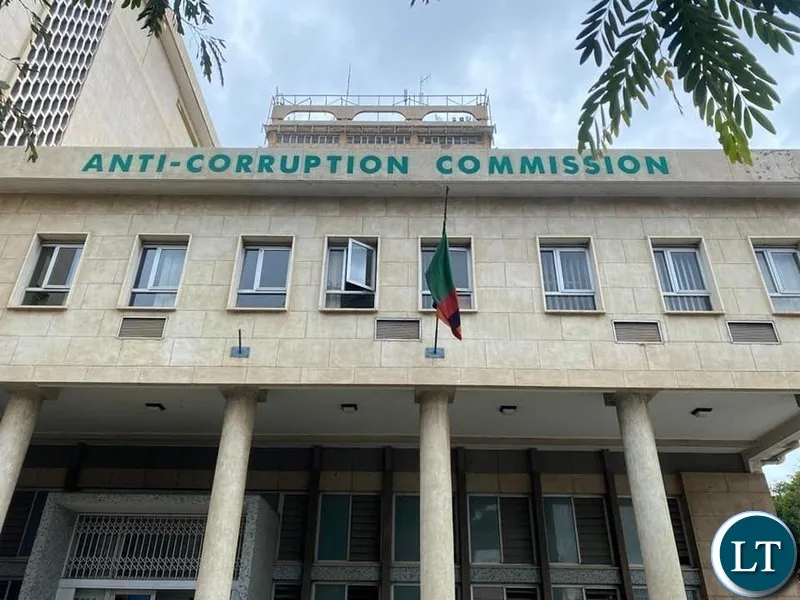FEEL FREE TO ASK US
FREQUENTLY ASKED QUESTIONS
Below are some answers to common questions we get from the public, if your question is not answered on the list of questions below, please feeel free to send us a message through the contact form on this page.
GENERAL QUESTIONS
Frequently asked questions
Corruption is generally understood to be the giving, receiving, offering or promising to give of a gratification (bribe) in exchange for a favour;
• It is also understood to include the abuse of public office for private or personal gain;
• It encompasses the illegal acquisition of pecuniary resources/property beyond your past and or present emoluments
According to the Anti-corruption Act No. 3 of 2012, corruption is defined as:
• Soliciting, accepting, obtaining, giving, promising or offering of a gratification by way of a bribe or other personal temptation of inducement
• The misuse or abuse of a public office for private advantage or benefit
The Anti-Corruption Act defines gratifiation as:
‘Any corrupt payment whether in cash or in kind. This can be a reward, discount, bonus, or material gain, benefit, facility, concession or favour of any description or any other thing obtained as a result of corrupt misuse or abuse of public funds or property other than a casual gift.’
The Act defines a Casual Gift as one which is:
• Conventional
• Unsolicited
• Is of modest scale
• Is not connected to official duties
• Given during seasonal celebrations e.g. Christmas
There are so many different forms of corruption as illustrated in the above definition of a gratification and may further include the following:
Bribery: Can also be called kick backs, sweeteners, pay-offs, speed and grease money
Bribery can also be a form of an informal taxation i.e. when public officials charge additional under-the-table payments
Embezzlement: Theft of public resources by public officials. (Looting or Plunder). May also be referred to as misappropriation of public funds and involve diverting public resources for personal benefit. The embezzlement is subsequently regarded as abuse of public office for personal gain. Employees of private firms also embezzle money. But since these funds are private resources, offences tend to be treated as mere theft as opposed to corruption.
Fraud
It is an offence or crime that involve schemes of deception and or trickery in order to swindle people of their money, property, etc. It sometimes involve forging documents and uttering false documents or manipulating systems. For instance, when state agencies and state representatives are engaged in illegal trade networks, counterfeit and when forgery, smuggling and other organized crimes are propelled up by official sanction.
Extortion
This is the extraction of money and other resources by use of coercion, violence and other threats. It is done by the creation of insecurity where individuals or citizens, private businesses and public officials are harassed and intimidated and other criminals can blackmail and extort money in return.
Payments in Kind: These include obtaining sexual favours in order to do something or gain something or it may be obtaining material goods and services such as a car or house.
A fixed sum or percentage of a contract: This may even be a standard practice in some business circles and given a sophisticated name and yet all it does is to grease or oil the hands of decision makers.
Corrupt payments can further be classified into two groups:
• Petty Corruption
• Grand Corruption
Petty Corruption
Characterized by small bribes e.g. payments made to public officers to favour clients in the provision of public goods and services. Petty corruption is experienced by people in their every day lives and they are directly affected by it because they feel compelled to spend part of their income on giving bribes to get a service. By its nature, petty corruption usually involves lower level personnel in an institution. It is also defined as “bureaucratic corruption.”
Grand Corruption
Involves huge amounts of money, in form of commissions. This is evident especially in public procurement of goods and services or award of contracts, illegal curtail schemes or illegal business transactions that involve large amounts of money. Often involves high level officials making decisions on enormous public services and goods.
One other class of corruption that involves both Petty and Grand Corruption is Political Corruption. This is the misuse of power by heads of state, ministers and top government officials for private benefit. It often involves the use of public funds to pay for activities of political parties and bribing the electorate through gifts in form of money, clothes, food, beer, plots etc. in order to win political favour or advantage.


Ask Us
Quick contact form
